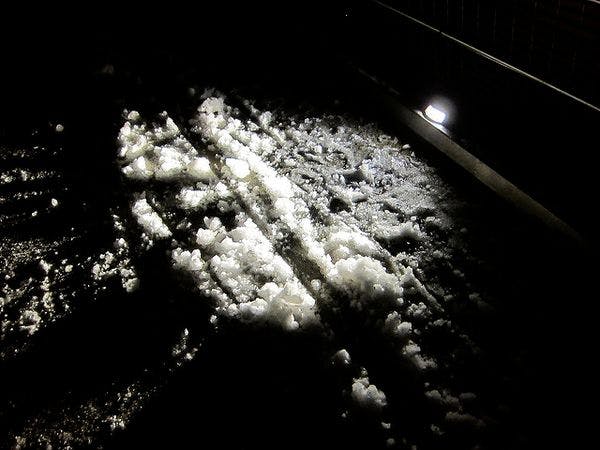New Zealand’s regulation of new psychoactive substances doomed to fail
By Caitlin Fitzgerald - TalkingDrugs
New Zealand’s much heralded regulation of new psychoactive substances (NPS) appears be at a complete standstill after its introduction three years ago, raising the question: what went wrong?
The 2013 Psychoactive Substances Act (PSA) sought to introduce a full regulatory system for NPS and take control of what was a burgeoning market in these drugs.
The first of its kind in attempting to bring NPS into the licit market, the PSA places the onus on manufacturers to prove that their products pose a low risk of harm. Only once this is shown will a drug be licensed for sale.
As part of a temporary measure to transition from an illegal to regulated market in NPS, the government granted interim exemptions to approximately 40 NPS. However, these interim licenses were suddenly revoked in 2014 in a move seemingly driven by media scaremongering rather than any sound scientific evidence, as TalkingDrugs reported at the time. Thus, all NPS were banned.
Further to the removal of interim exemptions, a moratorium was placed on all applications for a license to produce NPS until the accompanying Psychoactive Substances Regulations (PSR) were finalised. These regulations outline the process for proving that a product poses a low risk of harm and came into effect on November 3, 2014.
Click here to read the full article.
Keep up-to-date with drug policy developments by subscribing to the IDPC Monthly Alert.
Thumbnail: Flickr CC Acid Pix
Regions
Related Profiles
- Talking Drugs
